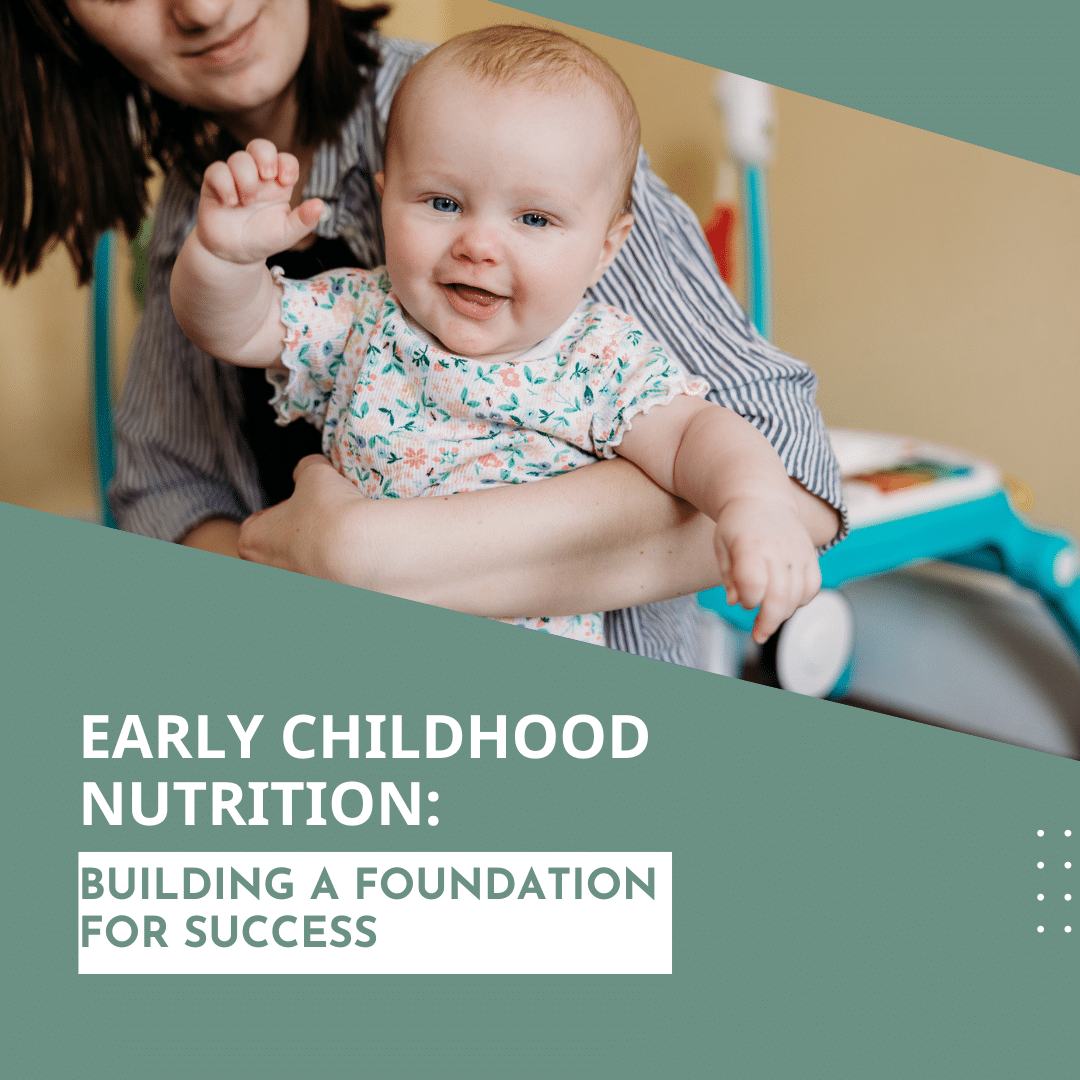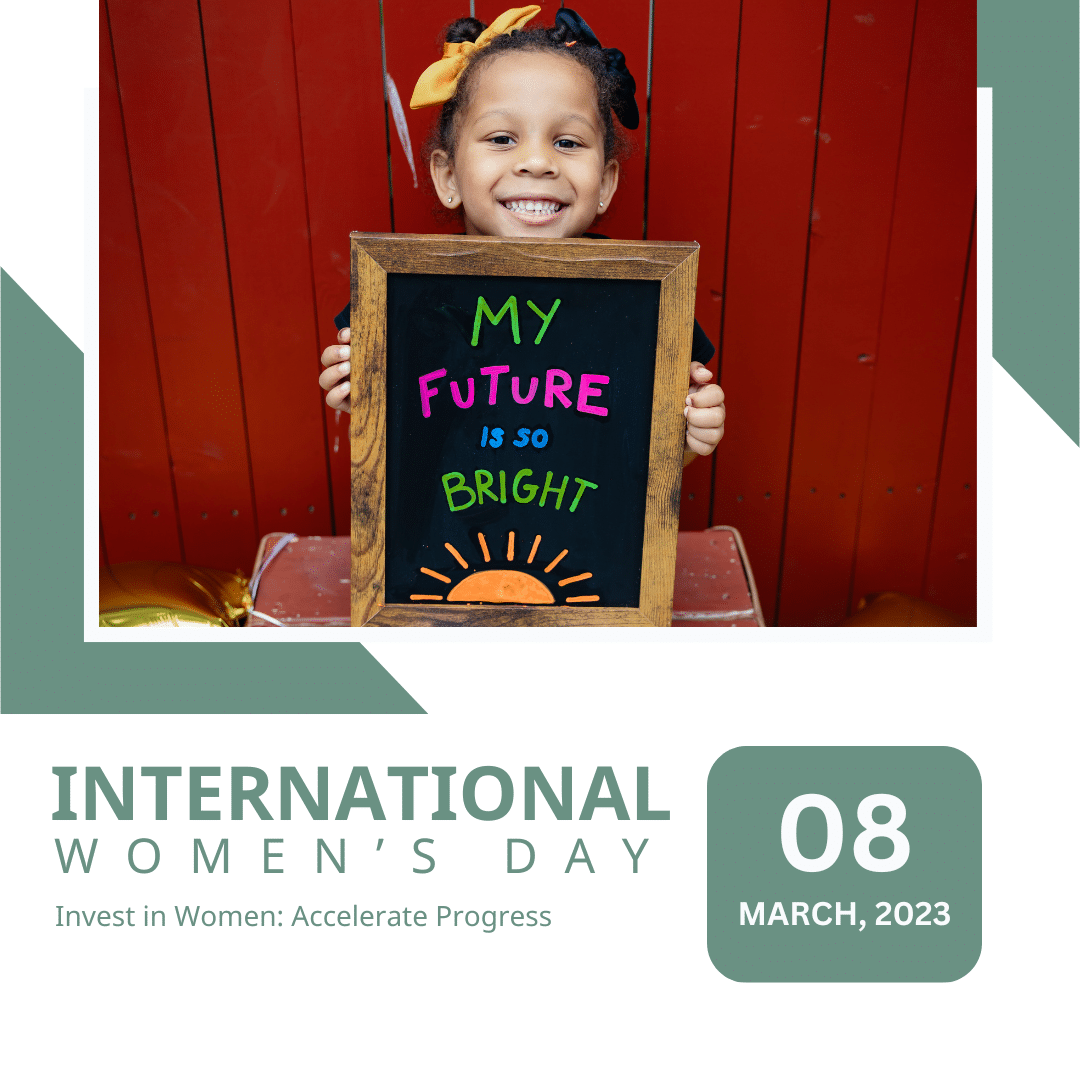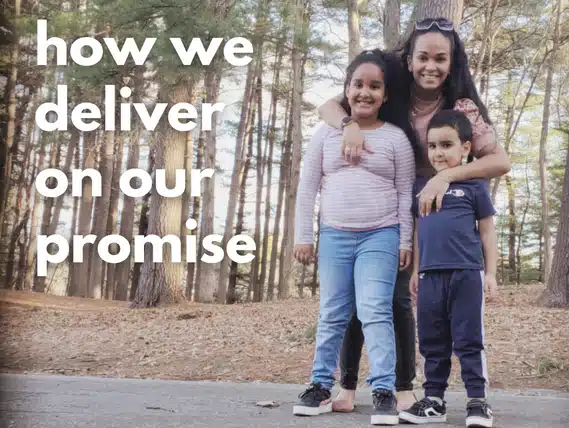During Domestic Violence Awareness Month and beyond, Marguerite’s Place is committed to advocating for change for those suffering from domestic violence, and bringing awareness to the impacts of domestic violence on families experiencing crisis and homelessness. 53% of the families who applied for residency in our Transitional Housing Program in 2022 report experiences with domestic violence. This domestic violence creates fear, destroys safe environments, and creates dangerous, ongoing conflict that can put everyone in the household at risk of violence.
Did you know that domestic violence is one of the leading causes of family homelessness? 44% of women experiencing homelessness reported that they had stayed in an abusive relationship at some point in the past two years because they did not have any other housing options (ACLU). When families cannot escape abusive situations, the abuse experienced can cause significant trauma that has the potential to lead to long-term mental health, substance use, and health issues for adults.

For children it is equally critical. Witnessing or directly experiencing domestic violence as a child is a contributing factor to a child’s Adverse Childhood Experiences (ACEs), which have significant outcomes in a child’s success in school, social-emotional wellbeing, and potential for engaging in risky behaviors in the future.
How does Marguerite’s Place support families who have experienced domestic violence?
Transitional Housing allows families to heal from the impact of domestic violence, and to move forward. Research shows that families experiencing homelessness due to impact of domestic violence need safe, private space for all members of their family to develop routine, and to establish familial and financial stability. Our transitional housing program provides a safe home-base for families looking to stabilize and begin to rebuild a healthy, empowered life. In the short-term, families are removed from further exposure to violence and other traumas. In the long-term, parents and children can build confidence, stabilize mental health, rebuild finances including savings and improved credit scores, and can graduate onto permanent housing.
For children, our transitional housing program has critical impact; it interrupts ongoing trauma and then mitigates the impact of ACEs in the long-term. While ACEs can have significant impact on children, the impacts can be reduced with stability, providing important resources to meet basic needs, and integrating social-emotional supports. In our intergenerational model, our service to children in addition to their parents will hopefully reduce the overall need for family-based transitional housing in the future.

Marguerite’s Place family settling into their new transitional housing unit.
It’s important to honor all victims and survivors of domestic violence, abuse, and trauma not just in the month of October but every day. At Marguerite’s Place, we mark this October by recommitting to supporting families heal and thrive past experiences with domestic violence, and helping them end cycles of homelessness and poverty.












